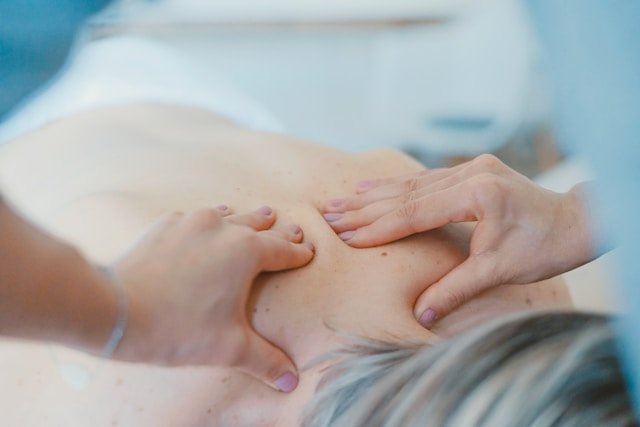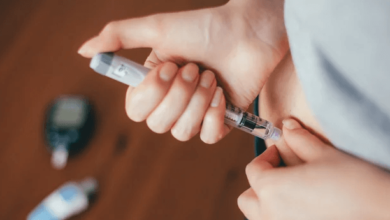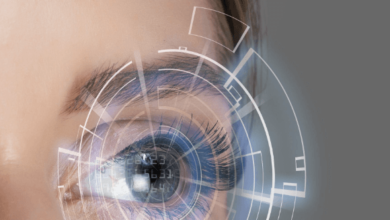Best Stress Relief Massage Therapy

In today’s fast-paced world, stress has become an inevitable part of our lives. From work pressures to personal responsibilities, there are numerous factors contributing to stress. While occasional stress is normal, chronic stress can have detrimental effects on both physical and mental health. This is where massage therapy emerges as a powerful tool for stress relief.
Massage Therapy: A Natural Stress Reliever
Massage therapy has been practiced for centuries across various cultures as a means to promote relaxation, alleviate tension, and restore balance within the body. It offers a holistic approach to stress relief by targeting both the physical and psychological aspects of stress. With a wide range of techniques and styles available, finding the best stress relief massage therapy can be a transformative journey towards enhanced well-being.
Swedish Massage: The Classic Stress Buster
Effleurage: The Soothing Strokes
Swedish massage is perhaps the most well-known and widely practiced form of massage therapy for stress relief. It utilizes long, flowing strokes known as effleurage to promote relaxation and improve circulation. These gentle movements help to reduce muscle tension and induce a state of deep relaxation, making it an ideal choice for those seeking relief from everyday stressors.
Petrissage: Kneading Away Tension
In addition to effleurage, Swedish massage incorporates techniques such as petrissage, which involves kneading and squeezing the muscles to release tension and improve flexibility. By targeting specific muscle groups, petrissage helps to alleviate tightness and discomfort, leaving the body feeling rejuvenated and stress-free.
Deep Tissue Massage: Releasing Deep-Seated Tension
Targeting the Source of Stress
For individuals experiencing chronic stress or tension buildup, deep tissue massage offers targeted relief by focusing on deeper layers of muscle and connective tissue. Through slow, deliberate strokes and concentrated pressure, this technique helps to break down adhesions and knots, allowing for greater mobility and pain relief.
Trigger Point Therapy: Relieving Tension Points
A key component of deep tissue massage is trigger point therapy, which involves applying pressure to specific points of tension within the muscles. By releasing these trigger points, therapists can effectively alleviate pain and discomfort associated with chronic stress, promoting overall relaxation and well-being.
Aromatherapy Massage: Enhancing Relaxation with Essential Oils
Harnessing the Power of Scents
Aromatherapy massage combines the benefits of massage therapy with the therapeutic properties of essential oils. By incorporating fragrant plant extracts such as lavender, chamomile, and peppermint, this specialized form of massage promotes relaxation, reduces anxiety, and enhances overall mood.
Customized Aromatherapy Blends
One of the unique aspects of aromatherapy massage is the ability to customize essential oil blends based on individual needs and preferences. Whether seeking to unwind after a long day or boost energy levels, therapists can create personalized blends to enhance the massage experience and maximize stress relief.
Hot Stone Massage: Melting Away Tension
Harnessing the Power of Heat
Hot stone massage utilizes smooth, heated stones to target areas of tension and promote relaxation. The warmth of the stones helps to increase blood flow, relax muscles, and soothe the mind, making it an effective treatment for stress relief.
Balancing Energy Flow
In addition to its physical benefits, hot stone massage also works to balance the body’s energy centers, or chakras, promoting a sense of harmony and well-being. By placing heated stones along key energy points, therapists can facilitate the flow of energy throughout the body, leaving clients feeling grounded and centered.
FAQs
1. How often should I receive a stress relief massage?
It depends on your individual needs and schedule, but regular sessions, such as once a month, can help maintain stress relief benefits.
2. Will I feel sore after a deep tissue massage?
It’s possible to experience some soreness, but it should subside within a day or two, leaving you feeling more relaxed and mobile.
3. Can massage therapy help with mental health conditions like anxiety and depression?
Yes, massage therapy has been shown to reduce symptoms of anxiety and depression by promoting relaxation and reducing stress hormones.
4. What should I wear during a massage session?
You can undress to your comfort level, and most massage therapists provide draping to ensure your privacy and comfort throughout the session.
5. Are there any contraindications for receiving a massage?
While massage therapy is generally safe for most people, it’s important to inform your therapist of any medical conditions or injuries to ensure a safe and effective session.
Conclusion
In conclusion, massage therapy offers a diverse range of techniques and modalities for stress relief, each with its own unique benefits and applications. Whether you prefer the gentle strokes of Swedish massage, the targeted pressure of deep tissue massage, or the aromatic bliss of aromatherapy massage, there is a therapy suited to your needs and preferences. By incorporating regular massage sessions into your self-care routine, you can experience the transformative power of touch in promoting relaxation, reducing stress, and enhancing overall well-being. So, if you’re ready to embark on a journey of rejuvenation and self-discovery, why not Check it Out today?





